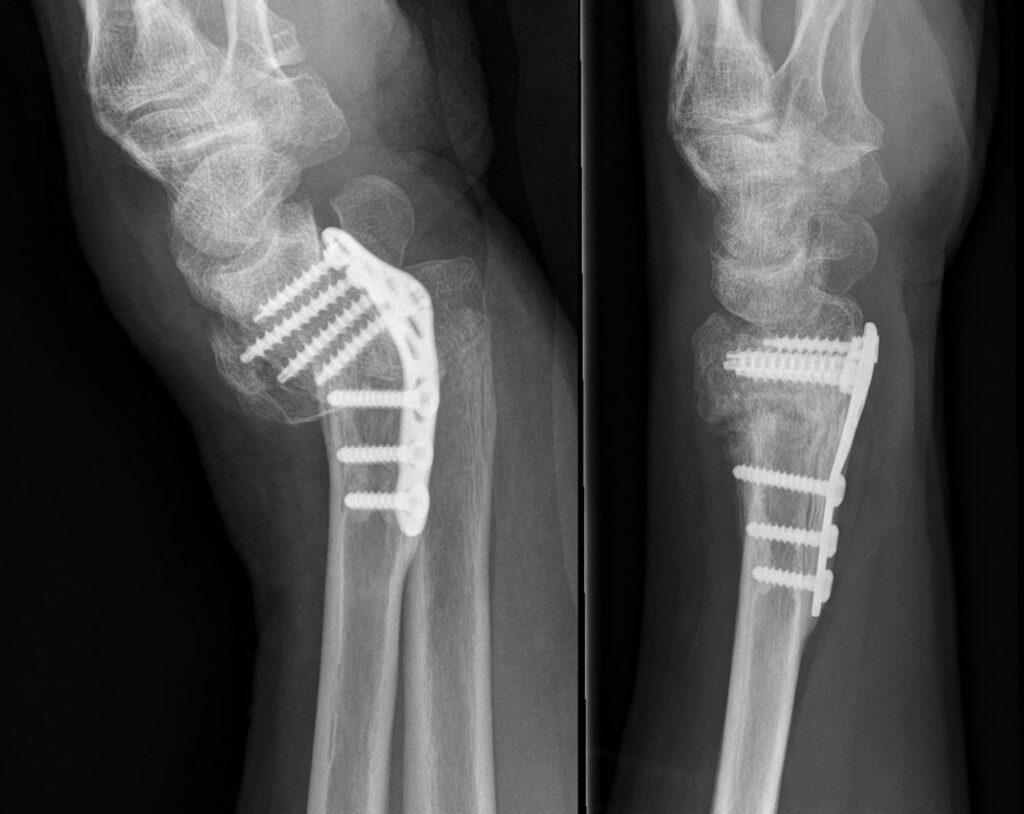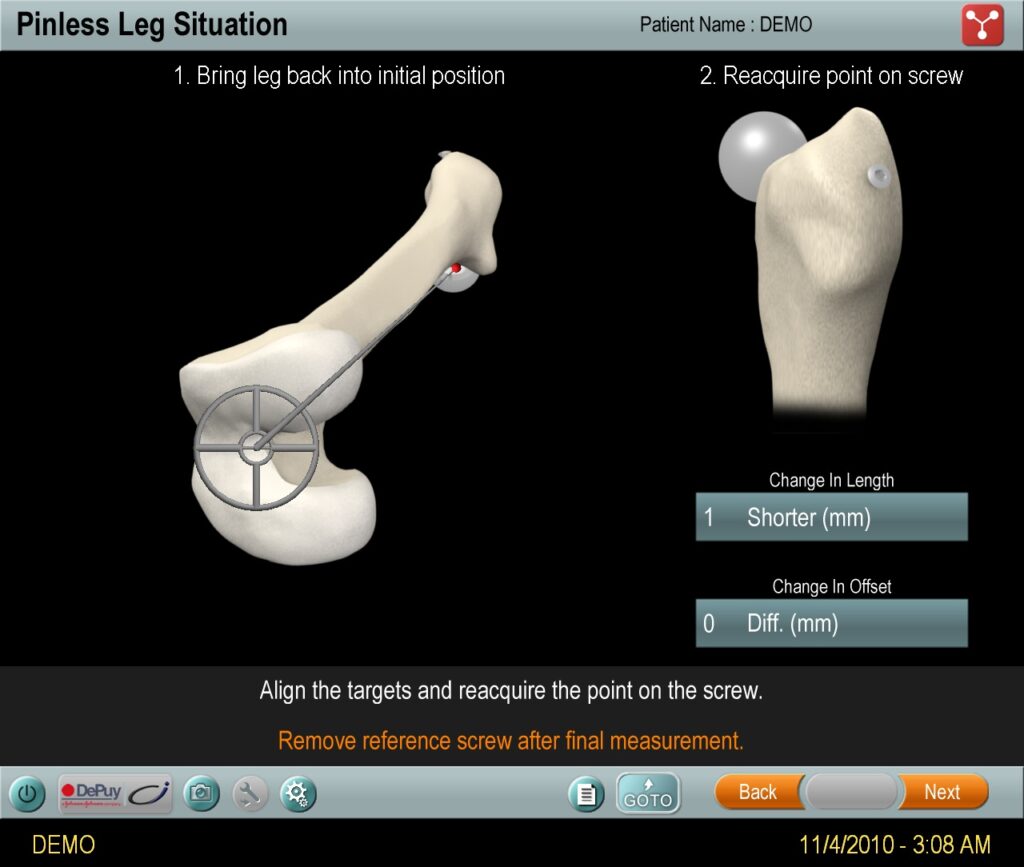SARS-CoV-2 vaccination modelling for safe surgery to save lives: data from an international prospective cohort study
Authors: CovidSurg Collaborative, GlobalSurg Collaborative
Site: Barwon Health, VIC
During the pandemic, Dr Lambers joined an international research team called CovidSurg, contributing cases for worldwide comparison and analysis examining topics such as leg clots, isolation and safe timing of operations.
This study focused on the effectiveness of vaccinating surgical patients. The Covid-19 pandemic caused widespread disruption to elective surgeries globally, with cancellations necessary during peaks in hospital admissions. Even with reduced community transmission, surgical patients remain at high risk for hospital-acquired Covid-19 infections, which significantly increase postoperative complications and mortality. While preoperative measures like rapid testing and Covid-free surgical pathways can reduce risks, such interventions are less feasible in low- and middle-income countries (LMICs).
This study had two key findings: more lives are saved vaccinating patients coming up for surgery compared to vaccinating the general population, and this was most evident in the over 70 years age group. Existing vaccines demonstrate near-complete prevention of Covid-19 deaths, yet limited global availability during the study period hindered widespread implementation, particularly in LMICs.
Using data from the CovidSurg initiative, which tracked outcomes for over 141,000 patients across 116 countries, the team calculated postoperative Covid-19 rates and mortality risks. Findings indicate that vaccinating surgical patients before operations significantly reduces Covid-19-related deaths, especially among older adults and those undergoing cancer surgeries. Surgical patients were shown to have higher Covid-19 mortality risks compared to the general population, making them a critical group for vaccination prioritisation.




